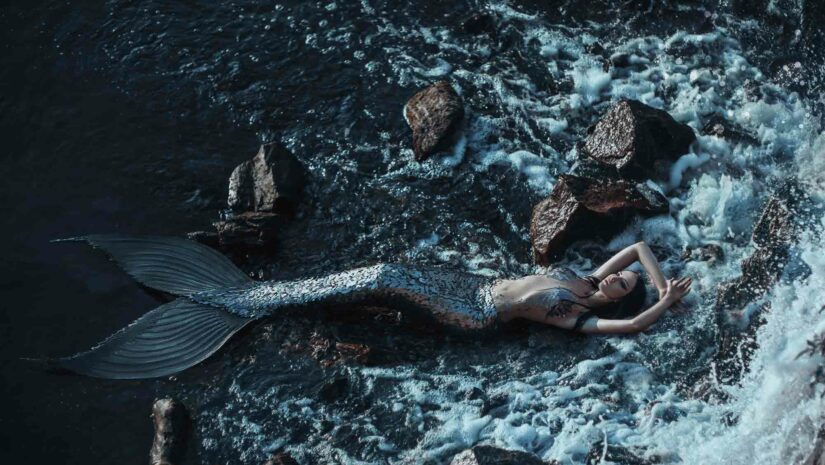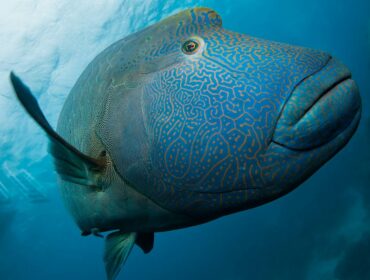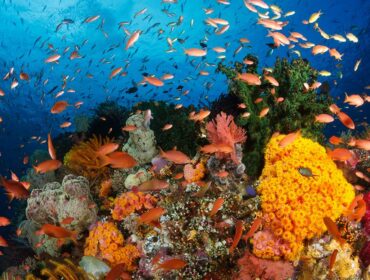Among the rampant tall tales that have entertained humankind for millennia, mermaid mythology is unique because of the way these sea creatures have been depicted in various cultures. Some see them as magical and benevolent creatures, while others consider them to be harbingers of disaster. Although they are widely regarded as fictional characters, people have claimed sightings of mermaids throughout history. This begs the question: Are mermaids real?
Mermaids in Different Cultures: Mermaid Sightings Around the World
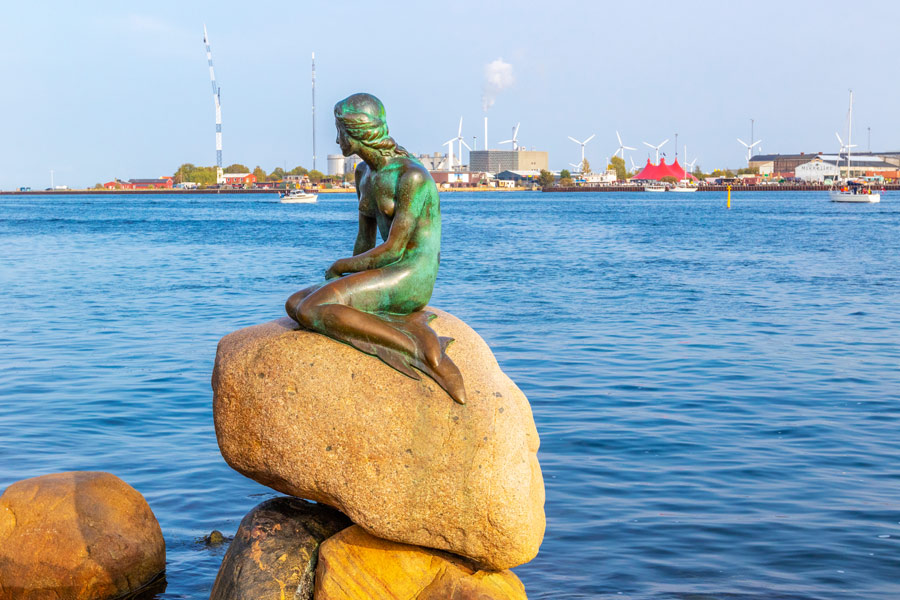
Tales from Antiquity: Assyria
The first known mermaid folklore came from Assyria, an ancient civilization that existed in what is now northern Iraq. The story (which dates from around 1,000 BC) states that the first mermaid was the goddess Atargatis. She fell in love with a human shepherd, but ends up killing him accidentally. The goddess was so ashamed that she threw herself into a lake, intending to become a fish for all eternity; however, her beauty could not be concealed by the lake. Thus, she assumed the tail of a fish and the upper body of a human and became the first mermaid.
In ancient Greek tales, the sister of Alexander the Great was turned into a mermaid upon her death, and her spirit ended up in the Aegean Sea. When a ship came upon the mermaid one day, she asked, “Is King Alexander alive?” The response was indeed he was alive and was conquering the world. This news brought her so much joy that she made the sea calm for the sailors to safely navigate their way through.
Tales from East Asia
Asian cultures regard the mermaid as a creature of wonder. Chinese folklore describes mermaids as being capable of shedding tears that turn into pearls. They could also knit a valuable material that was as white as frost and could never become wet. For these reasons, mermaids were sought after by fishermen. However, fishermen who set sail to hunt mermaids were viewed negatively because these creatures were believed to epitomize grace and beauty.
The Japanese version of this legendary creature was depicted more grotesquely, without the Western concept of a human torso. Instead, they only had a human head attached to a fish’s body. This misshapen creature had supernatural powers and had flesh that, when consumed, could grant the eater immortality. However, catching one was thought to bring about storms and bad luck, so any catch was thrown back to the sea. If a mermaid were to wash up on shore, it was an omen for impending warfare or catastrophe.
Tales from the 15th and 16th Centuries
In more recent centuries, reports of mermaid sightings have emerged from different parts of the world. For example, during the age of exploration in the 15th and 16th centuries, sailors often reported encountering mermaids during their long voyages. These sightings were frequently attributed to manatees or dugongs, marine mammals with a resemblance to the mythical creatures.
The misidentification of manatees as mermaids is well-documented. In fact, Christopher Columbus himself famously mistook manatees for mermaids during his journey to the Americas in 1493. In his journal, he described the creatures he encountered as having “not much hair, a face like a man, and several quite black scales.” Columbus’ initial excitement soon gave way to disappointment when he realized that the creatures he had seen were not the beautiful maidens he had imagined.
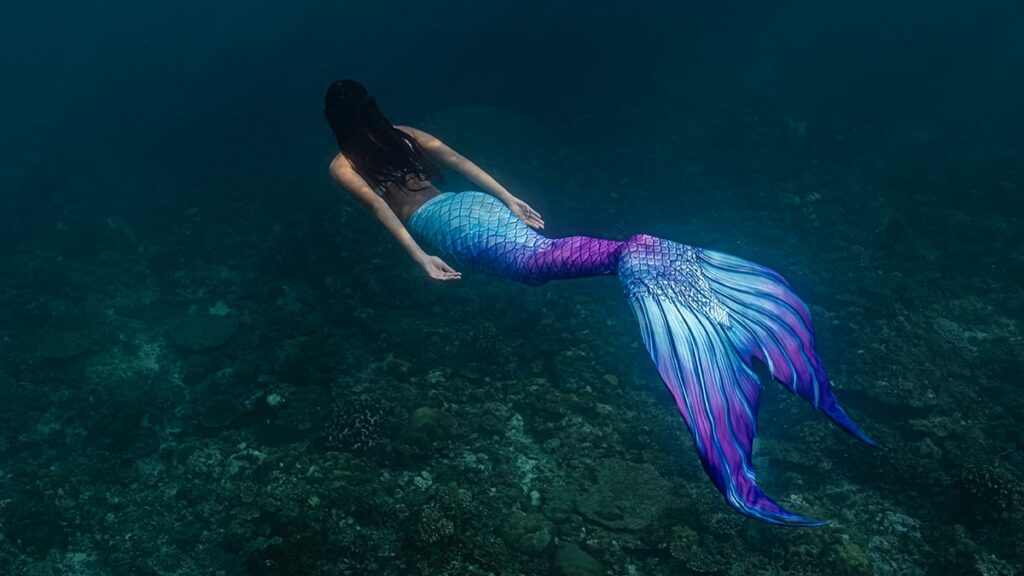
Tales from Britain
The British are less enamored with the mermaid, believing her to be the creator of misfortune at sea. While some mermaid myths claim that mermaids aren’t aware or forget that humans cannot breathe underwater, it is more often told that the mermaid is a mischievous creature, with every intention of seducing sailors to lead them to a watery grave. One thing is certain for British sailors: A mermaid sighting is a sure sign of bad luck.
Modern Tales about Mermaids
Of course, no article about mermaids can go without any mention of the tale that inspired the well-known Disney film The Little Mermaid. This animated feature was a sanitized version of the original Hans Christian Andersen fairy tale published in 1837. The tale was based on legends about stunningly beautiful mermaids who would shed their fish scales in order to roam on dry land as human women.
While it has never been conclusively proven that mermaids exist, sightings persist into the modern era. A town in Israel once offered a million dollar reward to anyone who could prove the existence of mermaids after dozens of people reported seeing one leaping like a dolphin off the coast. Many folklorists think that the vast majority of mermaid sightings were actually misinterpreted seal sightings.
Beyond misidentifications, some mermaid sightings have been attributed to optical illusions or hoaxes. Tales of mermaids have often emerged from coastal communities, where fishing and seafaring are prevalent. In certain lighting conditions, such as at dawn or dusk, a play of light and shadow on the water’s surface can create illusions that resemble the mythical beings.
Are Mermaids Good or Evil?

As many of the stories indicate, cultures around the world have had varying opinions about mermaids. Some mermaids, like Atargatis, were believed to be divine and were revered as such. Other cultures were more wary of mermaids, regarding them as crafty tricksters who were always ready to prey on the vulnerable.
Mermaid sightings have been viewed as warnings of forthcoming storms and omens of shipwrecks. And like the sirens of ancient Greek mythology, mermaids were sometimes viewed as predatory creatures who liked dragging people to the water in order to drown them. Some stories, however, speak of mermaids who granted wishes and provided cures to grave illnesses. A few mermaids even marry and live with humans.
Are Mermaids Real?

It’s no secret that the possibility of this creature existing has fascinated human beings for thousands of years. Mermaid myths weren’t just created for mankind’s entertainment, however. Myths are created as a means of explaining the unexplainable. This is why, before the dawn of modern science and technology, some cultures blamed storms and other destructive natural phenomena on mermaids.
While the existence of mermaids has never been proven, it’s important to remember that some of the strangest sea creatures that are widely known and studied today were once unknown. So who knows? Perhaps you’ll be the first person to ever record a live mermaid on video on your next dive.
Mermaid Frequently Asked Questions
The first recorded sighting of a mermaid can be traced back to ancient Assyria around 1000 BCE, with depictions found on artifacts. However, mermaid legends and folklore have existed in various cultures for centuries, making it difficult to pinpoint an exact date for the first sighting.
Manatees have often been mistaken for mermaids. Christopher Columbus himself noted this misidentification during his voyage to the Americas in 1493. The manatee’s aquatic appearance, combined with its graceful movements and human-like features, led to the belief that it was a mystical creature rather than a marine mammal.
Conclusion
While mermaid sightings continue to capture our imagination, it is essential to approach them with skepticism and critical thinking. The human fascination with mermaids is rooted in our desire for mystery, enchantment, and the exploration of the unknown. Whether rooted in folklore, myth, or genuine belief, mermaids remain firmly entrenched in our cultural consciousness as symbols of beauty, allure, and the secrets of the sea.

